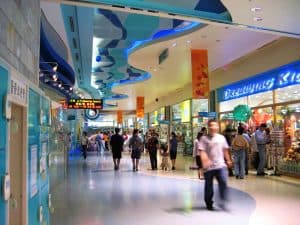The idea that the pandemic has accelerated pre-existing trends is talked about so much that it’s become a cliché. But it’s become a cliché because it’s true and for retailers with physical stores, that has meaningful implications. So many more people are now comfortable shopping online for things they swore they’d never buy electronically and that changes what physical stores need to be. I raised the issue with a number of retail experts and the most important takeaway is: no one knows for sure how stores will adapt. The changes are broader and more complicated than any generalized answer can be and it may mean that this time period is more pivotal for retail than any other until now. In many ways, the world of traditional retail is on fire and there is a wide range of views on how that will play out.
Herb Kleinberger, a retired partner of PwC who now teaches retail at The Wharton School, gave the pithiest overview. “Retailers will close many of their stores so they have fewer and those that remain will be more experiential,” he said. Justin Delaney, the CEO of Buff City Soap which has over 60 stores, says their stores all create a customer experience and that experience is directly related to the products. “We’re a bakery for home care products. [In our stores,] soap cures on racks and someone’s whipping body butter. We’re a mix of customization and artisanal production…” Forbes


